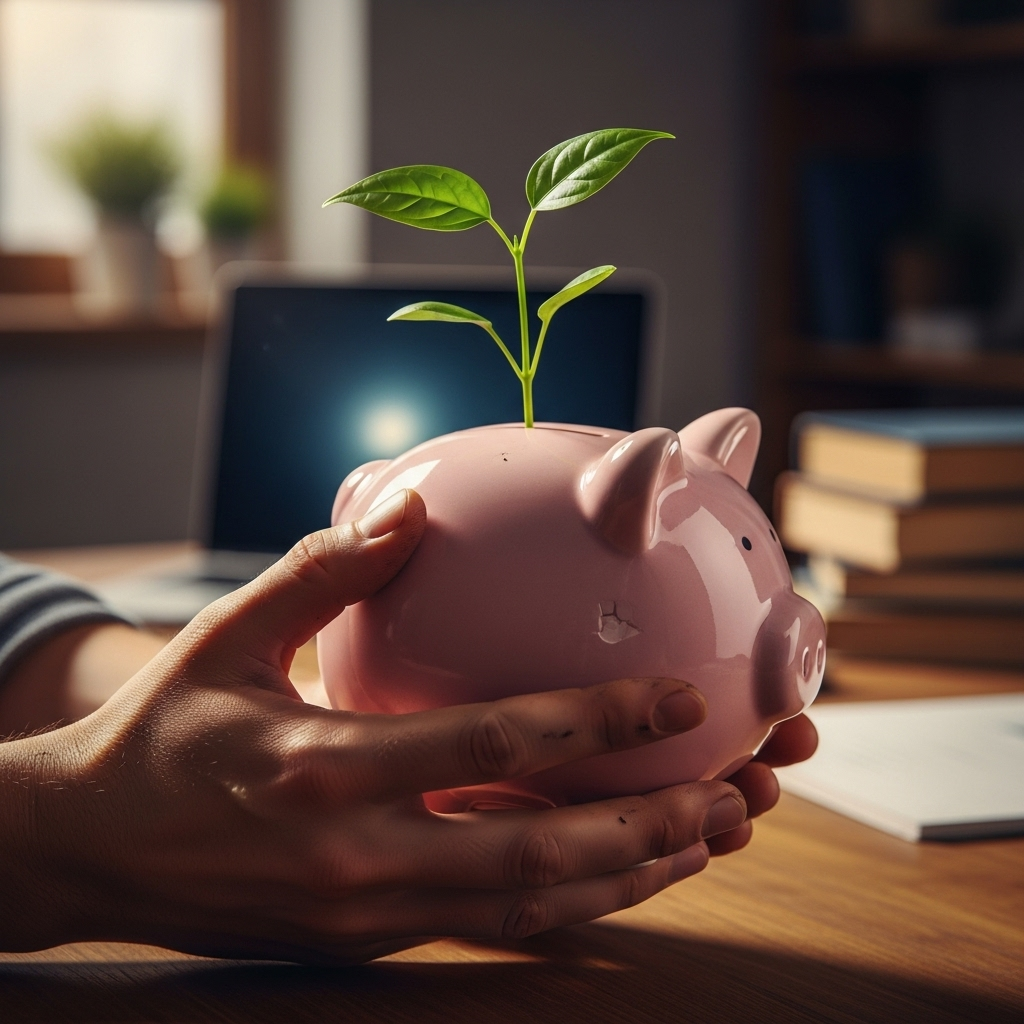The Founder's Silent Burden: Navigating Loneliness and Sacrifice
Uncover the truth about founder loneliness and entrepreneur sacrifice. Learn why startup mental health is key to survival and how to build resilience for the journey.

We are flooded with stories of entrepreneurial triumph. We see the funding announcements, the glowing profiles, and the social media posts that paint a picture of freedom, control, and inevitable success. But for every celebrated victory, there is an invisible story of the profound founder sacrifice required to get there.
From the outside, entrepreneurship looks like the ultimate act of self-determination. From the inside, it is often a deeply isolating experience defined by unseen challenges. This isn't a post to discourage the dream; it's a dispatch from the front lines, meant to honestly prepare you for the startup mental health marathon ahead.
The Profound Weight of Founder Loneliness

The first thing you learn as a founder is that you are uniquely alone. This isn't just a feeling; it's a documented reality. A recent study from University College London found that a staggering 76% of founders report feeling lonely—a rate 50% higher than for non-founder CEOs. This sense of founder loneliness is a silent epidemic.
As a solo founder myself, I know that statistic in my bones. The silence can be deafening. In a corporate job, you have peers to bounce ideas off of and a team to share the load. When you are the founder, every decision, every doubt, and every late-night fear rests solely on your shoulders. This isolation is amplified by the constant pressure to project success, creating a painful gap between your internal reality and the public persona you must maintain.
If you are feeling this loneliness, know this: you are not failing. You are experiencing a fundamental, unspoken part of the founder’s journey.
The Unseen Sacrifices That Fuel the Dream

The second hard truth is that the entrepreneur sacrifice required is far greater than most anticipate, and it ripples through entire families. Before you even think about quitting your job, you must build a financial fortress. I have a simple rule I call the 18-Month Runway Rule: calculate your essential monthly expenses, add a 25% buffer for the unexpected, and ensure you have 18 times that amount saved.
Why so much? Because you are funding a dream with your life savings, and dreams take time. When my father started his business in 2014, he poured most of his retirement savings into it. He had already failed in a previous venture right when I was starting college, a tense period that wiped out their savings and forced him back into a job.
So when he tried again, the stakes felt immense. I saw the stress etch new lines on his face, but the heaviest burden was carried by my mother. She was constantly worried about what would happen if it all went wrong again. I had just finished my MBA, and she was terrified that the financial pressure would fall on me if things went bad. For two long years, my father weathered that storm, fueled by his savings and his faith. He eventually got his big break and recovered it all, but the emotional cost to our family was immense.
Surviving the Myth of the "Success Formula"
Many founders who raise money share tips on what worked for them. But I have seen many who followed the exact same advice and still failed. The hard truth is that a perfect strategy can still fail if luck and timing aren't on your side.
This is why founder resilience, not just following a playbook, is the true determinant of success. Your primary job in the early years is simply to survive long enough for your opportunity to arrive. It took my father two years; for you, it might be more or less. The key is having the mental fortitude to endure the wait. This is the essence of being a founder: the ability to get knocked down by factors completely outside your control and still find the strength to get back up, again and again.
Some will argue that founders willingly choose this high-risk path for its potential rewards, and that is true. This post does not discount that reward. Instead, it serves as an honest map of the treacherous territory one must cross to even have a chance at reaching it. We celebrate the destination, but we must respect the journey.
Your Most Important Investment: Startup Mental Health

The founder's path is a paradox: it is a journey of building something for the world, yet it is often walked in profound solitude. Understanding this reality is not a deterrent—it is your greatest strategic advantage.
So, what can you do? Your first investment shouldn't be in marketing or tech; it should be in your own resilience and startup mental health. Do not wait until you are in a crisis. Proactively build your support system now. Find a small, trusted circle of fellow founders or mentors with whom you can be vulnerable. Your mental and emotional health is not a luxury; it is the engine that drives your business.